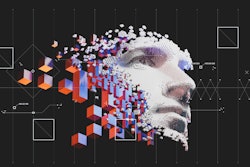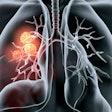
A magnetic resonance (MR) neuroimaging model which uses artificial intelligence (AI) to identify new biomarkers could lead to more effective medical treatment for chronic nerve pain, say the researchers developing the model.
The project, a collaboration between the University of Sheffield Department of Computer Science, the PAINSTORM (Partnership for Assessment and Investigation of Neuropathic Pain: Studies Tracking Outcomes, Risks and Mechanisms) consortium, AstraZeneca, and Sheffield Teaching Hospitals, has been awarded £463,000 ($582,655) from the UK Research and Innovation (UKRI) Technology Mission Fund.
The model will be tested on one of the largest datasets in the U.K., comprising people with neuropathic pain (NeuP) from multiple causes.
Project lead Dr. Dinesh Selvarajah, a senior clinical lecturer at the University of Sheffield, said in a statement that currently it was difficult to predict who would benefit from treatment for NeuP, which often led to negative outcomes in drug trials.
“Unfortunately, current medications provide only partial benefit in around half of all patients, with many enduring inadequate pain relief and unwanted side effects,” he added.
The AI model aims to predict patient treatment responses and identify clinical pain traits in patients with NeuP. The data collected will be used to establish an online platform for future collaboration with drug development programs. If the model is successful, the biomarker will be incorporated in future clinical trials of NeuP medication.



















